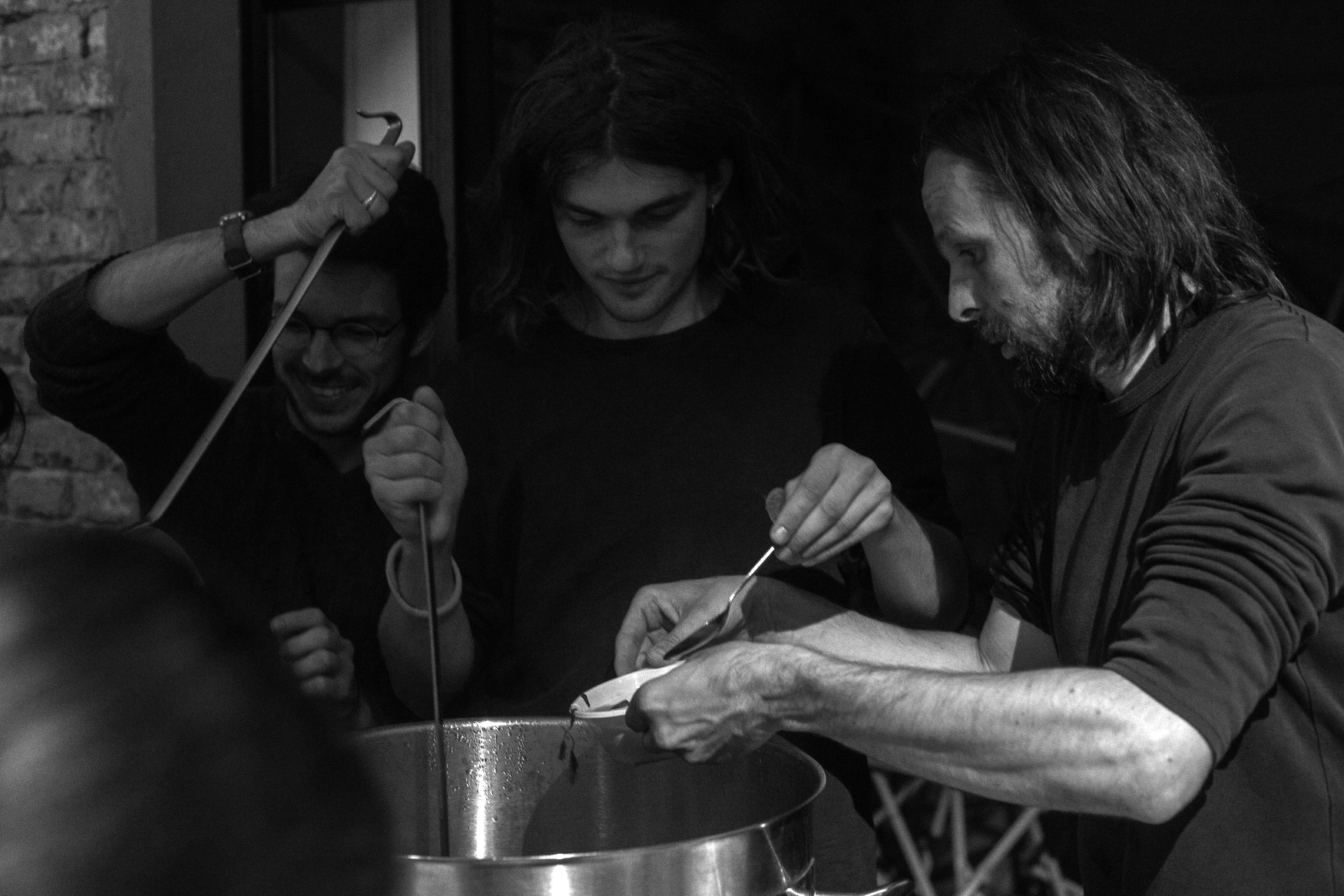The African Studies Institute (ASI) launched a program to tape-record the life and work experiences of elderly black men and woman who had experienced the impact of South Africa’s industrial revolution as sharecroppers, labor tenants or wage laborers on white-owned farms in the Transvaal countryside. This sound-archive, a repository of the nation’s rural memory, has wherever possible been supplemented with photographic images by major South African artists/photographers such as David Goldblatt and Santu Mofokeng.
The ASI was the shelter for remarkable research fellows, historians, poets, photographers, black fiction writers - some of whom had then to take the road of exile, under South Africa's Apartheid regime. The various researchers and contributors to these archives would gather once a month around events that publicly presented their works in process, and many other investigations.
The idea of this post-doctoral research project would be to further explore and investigate the actuality of the ASI archives' orality through a set of interview recordings with persons like David Goldblatt, Santu Mofokeng and many other writers and artists who established and/or worked with these archives, and hereby trying to make accessible to a broader audience the content (both in image, sound, and text) of their research by publishing and exhibiting the work under the title: "Disrupted narratives" - activating the archives.





